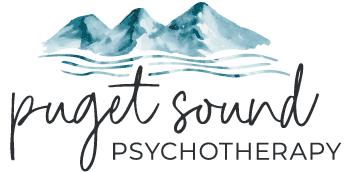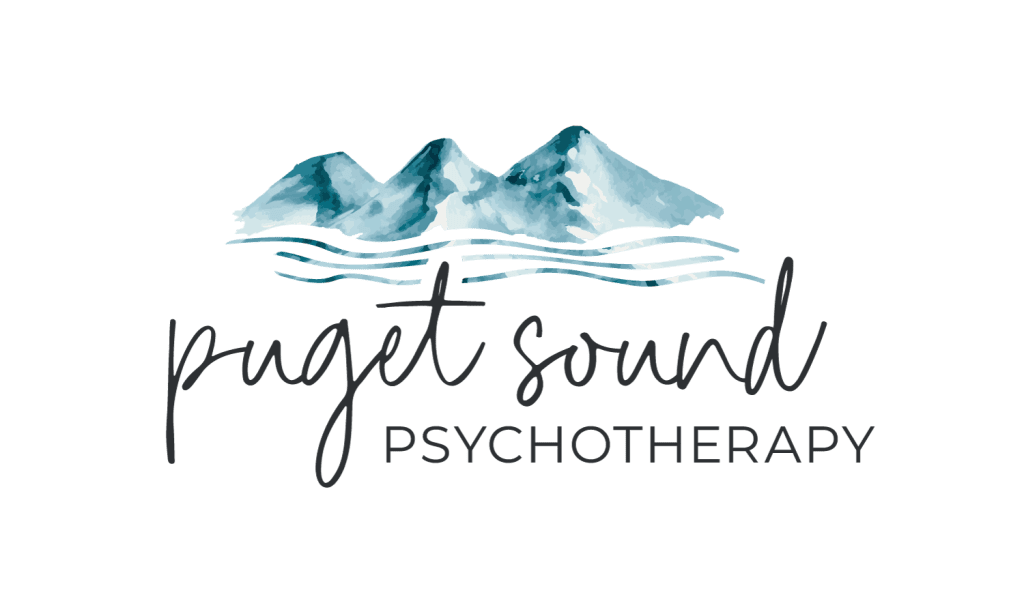
As children grow up and leave home, many couples find themselves facing a significant transition in their lives: the empty nest. For some, this period marks the beginning of a new chapter filled with renewed freedom, opportunities for personal growth, and rekindled romance. However, for others, the empty nest can also shine a spotlight on underlying issues in the relationship, leading to the difficult decision to divorce.
One of the most significant challenges couples face when divorcing after the empty nest is redefining their identities outside of their roles as parents. For many years, their lives may have revolved around their children’s schedules, activities, and needs. Now, with their children grown and independent, individuals may need to rediscover their own passions, interests, and goals. While this process can be daunting, it also presents an opportunity for individuals to reconnect with themselves and explore new avenues for personal fulfillment.
Communication is key during this transitional period. Couples who are considering divorce after the empty nest must engage in open and honest conversations about their feelings, desires, and concerns. It’s essential to approach these discussions with empathy, respect, and a willingness to listen to each other’s perspectives.
Seeking support from friends, family, or a therapist can also be invaluable during this time. The emotional toll of divorce can be significant, and having a strong support network can provide comfort, guidance, and encouragement. Additionally, professional counseling can help individuals navigate complex emotions, process grief, and develop coping strategies for moving forward.
By approaching the process with compassion, communication, and a willingness to embrace change, individuals can navigate this transition with grace and resilience. If you are struggling in your marriage as empty nesters, we are here to help. At PSP, we have several therapists with advanced training in the Gottman Method, the gold standard for couples counseling. The Gottman Method teaches couples how to strengthen relationships based on seven principles that make up the “Sound Relationship House.” In therapy, you will work through these principles together with your partner to locate and process pain points, rebuild trust, and deepen your connection. Most of the PSP therapists are also trained in Emotionally Focused Couple Therapy, or EFT, which uses an attachment lens to help couples create emotional safety, attunement, and responsiveness.
PSP family therapist, Ross Kling, is also trained in Discernment Counseling, a special method that helps coupes formally evaluate whether or not their relationship is one that they want to work on in order to rebond and shape a new relationship in the post-children chapter, or if life after the kids leave means creating two new, parallel paths forward.
Whether you decide to stay together or separate, we are here for support to navigate the empty nest years.





